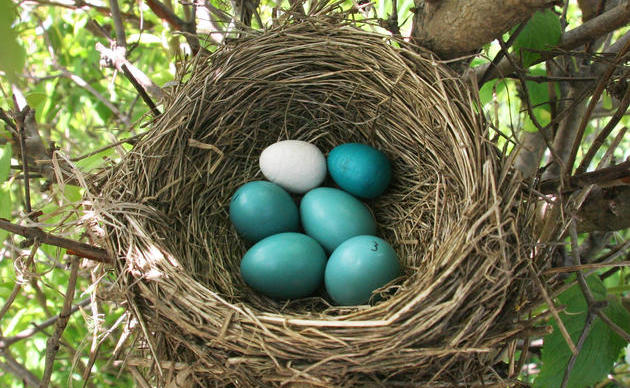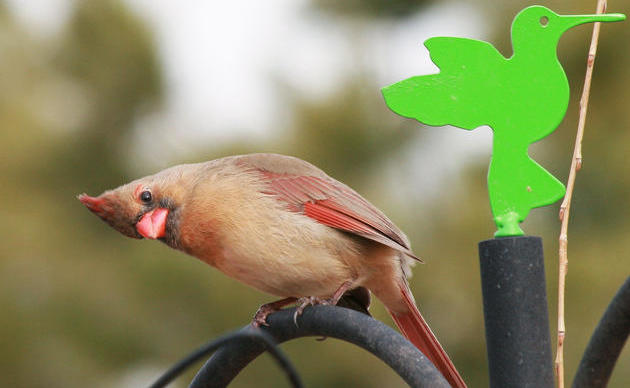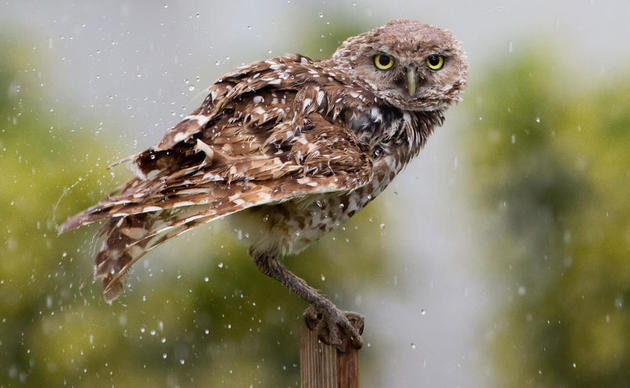The Discovery Center sits on a 37-acre Strawberry Mansion Reservoir that provides clean water and robust habitat for more than 200 bird species throughout the year. The freshwater and controlled conditions of the reservoir also make it a perfect home to grow a key building block in a healthy ecosystem – native freshwater mussels. While these bivalve mollusks can be a food source for some shorebirds, the freshwater mussels keep the aquatic life thriving and will eventually make their way to rivers, streams, and waterways to filter water for birds and communities throughout the Delaware River Watershed.
As ecosystem engineers, mussels filter up to 15 gallons of water a day and can reshape an aquatic habitat. For example, they remove pollutants and microplastics, maintain healthy algae populations, and more. This process creates cleaner, clearer water that allows light to penetrate further below the surface – or the water column – to help aquatic plants grow and to provide dissolved oxygen for other organisms living nearby. The clearer water column can also attract more wading birds, native and migratory.
While there are roughly 300 species of freshwater mussels in North America, more than a dozen species have been found in the Delaware River Watershed. They have been integral in the watershed and for communities for centuries, including the indigenous communities of the land, the Lenape people of Delaware. Unfortunately, freshwater mussels are facing a population decline due to pollution, loss of habitat, and loss of suitable fish to act as hosts and incubators.
In 2018, a freshwater mussel propagation program kicked off between partners across Pennsylvania, New Jersey, and Delaware to combat this decline by propagating new mussels and rebuild the population in the watershed, which has grown to be known as the Aquatic Research and Restoration Center (ARRC)*. The ARRC established The Demo Freshwater Mussel Hatchery at Fairmount Water Works for the first stage in propagation that simulates the mussel symbiotic life cycle using native fish host and feeding the mussels nutritional algae. Once the mussels grow to a sustainable size of about a quarter, they are transported to one of the partner nursey locations across Pennsylvania, New Jersey, and Delaware.
The Discovery Center is one of the nursery sites where we host about 700 freshwater mussels of two native species (alewife floater and eastern elliptio) in their second-to-the-last stage of the propagation. In the so-called “Flow ‘n Grow” system at The Discovery Center, staff and volunteers measure the mussels once a month to monitor growth and look out for any abnormalities. This stage in the propagation offers great educational, hands-on opportunities for volunteers, school groups or community neighbors to learn about watershed conservation and how we’re all connected to the health of our ecosystem, whether it’s aquatic life, birdlife or human life.
Once the mussels have grown enough, they are tagged and placed their final locations along local streams and rivers throughout the watershed or even in mussel beds by the Delaware Bay, where they will continue to filter waterways that we all depend on for clean, quality water.
If you'd like to volunteer with the project at The Discovery Center, please reach out at bria.wimberly@audubon.org.
*Partners of the Aquatic Research and Restoration Center include the Academy of Natural Sciences, the College of Arts and Sciences of Drexel University, the Partnership for the Delaware Estuary, Philadelphia Water Department and Department of Parks and Recreation, Bartram’s Garden, and the Independence Seaport Museum.





